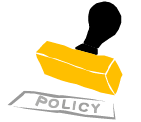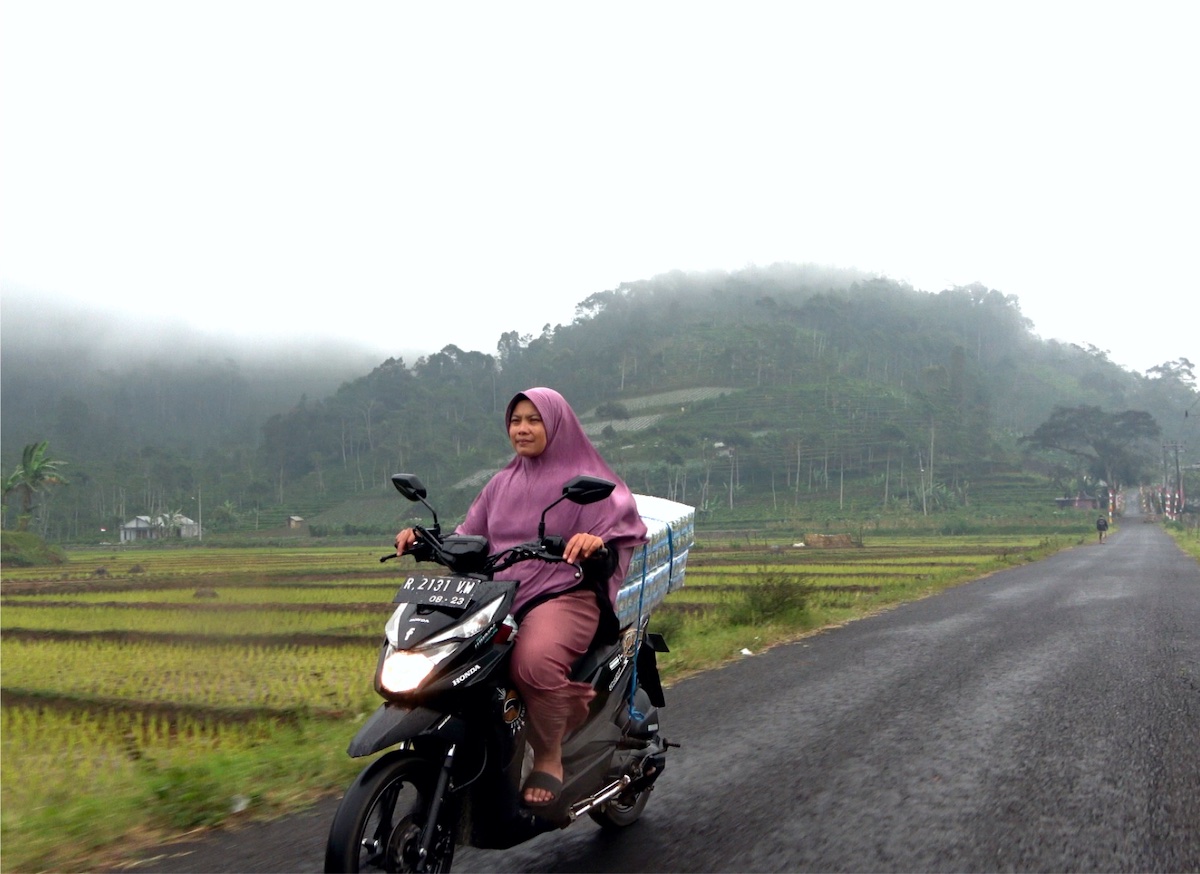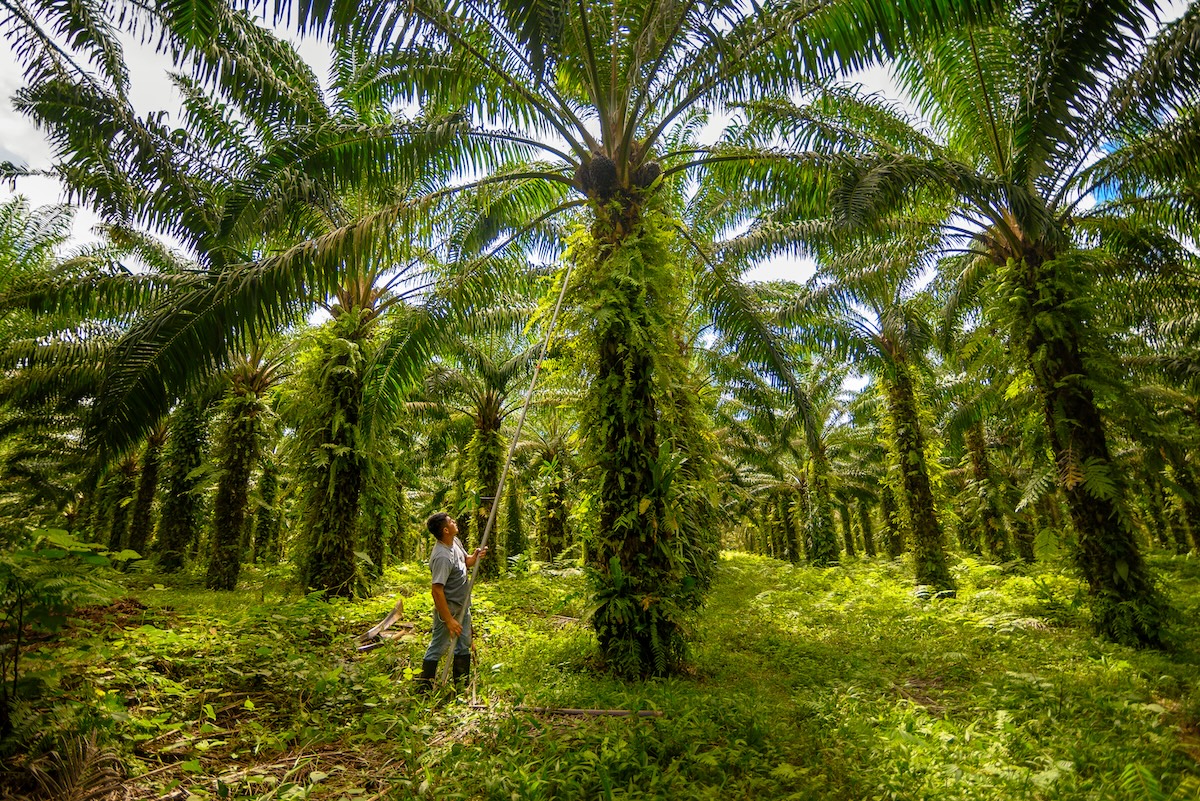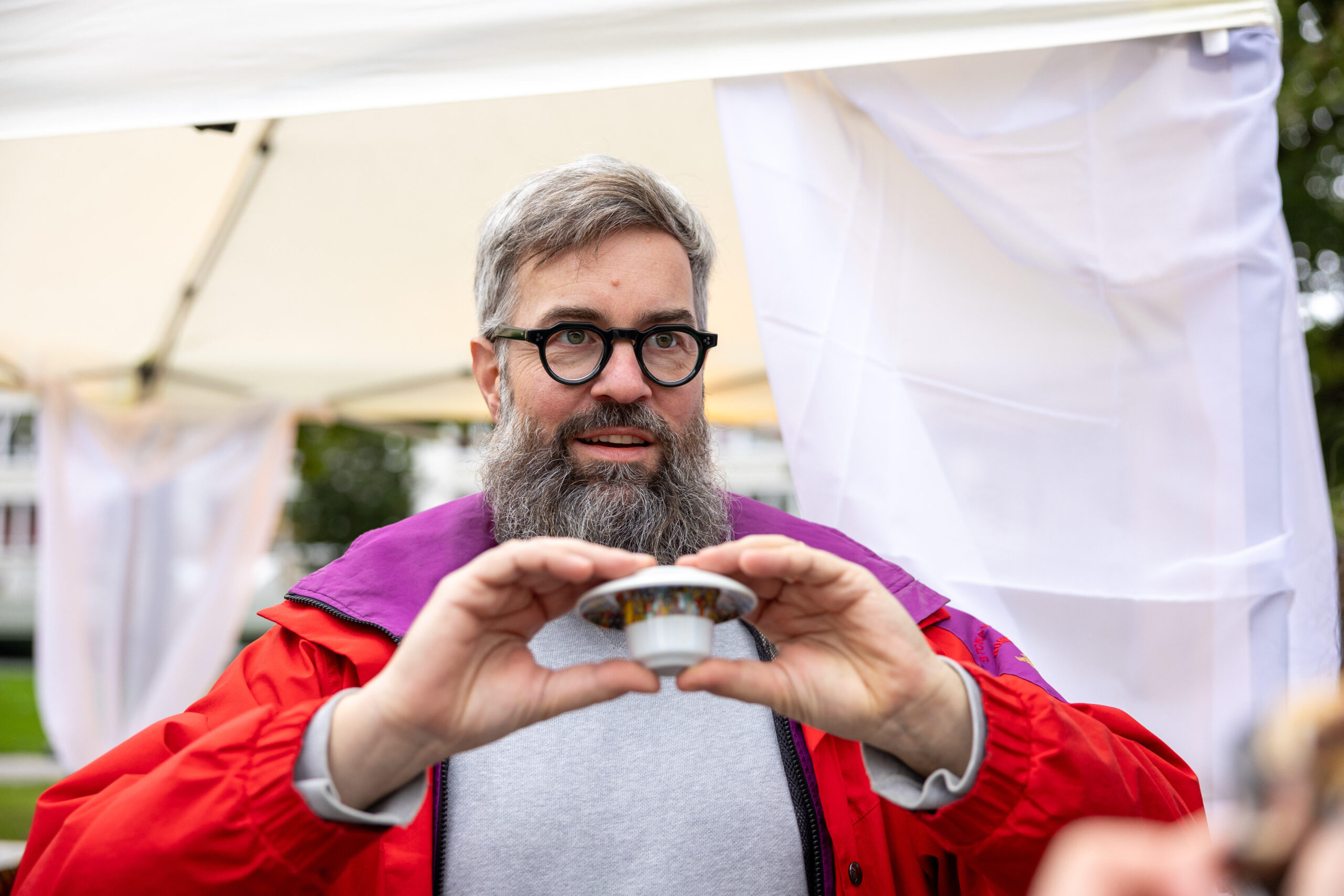Our ambition: International and local market actors source an increasing value of sustainable and traceable products from small-scale farmers on fair terms that adequately reward and recognize farmers’ efforts.
Small-scale farmers should be able to participate in speciality markets, certification schemes, cooperative models, and value addition, such as local processing, to enhance their bargaining power and ensure a fairer share of value within supply chains. We will also work to ensure that women and young people enjoy equitable market access and opportunities.
There are also emerging opportunities to develop net-zero supply chains by engaging with corporate and sector platforms. We will stimulate incentives to ensure that farmers benefit from payments for ecosystem services.
IMPACT IN PRACTICE
OUR SOLUTIONS
Improved market access
We address structural weaknesses in the market system by connecting producers and buyers, and co-creating solutions for inclusive trade, improved sourcing and pricing, transparency and traceability and reward practices.
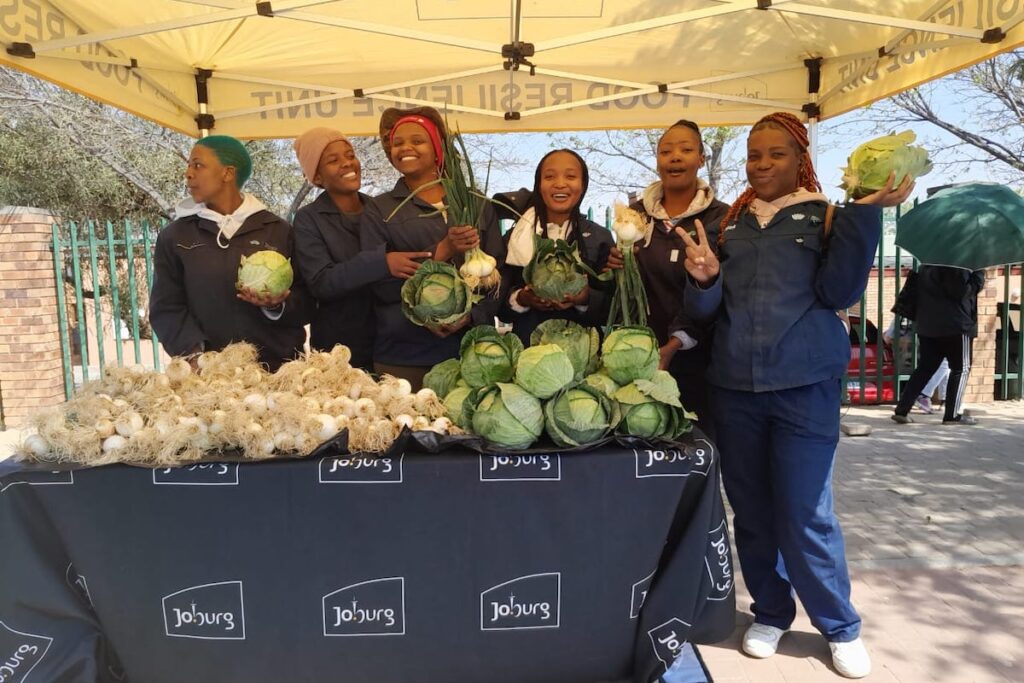
LET’S WORK TOGETHER
Systemic change cannot be accomplished when actors work in isolation. It requires close collaboration with stakeholders at every level, including farmers, processors and companies, community leaders, civil society, and governments. Each and every actor has a role to play in creating more sustainable and equitable supply chains.
We are collaborating with a large number of trusted public and private sector actors, as well as foundations and individuals, to achieve a mutual ambition for a better world. Do you want to become part of this ambition and contribute? Please reach out to a partnership officer in your region.



